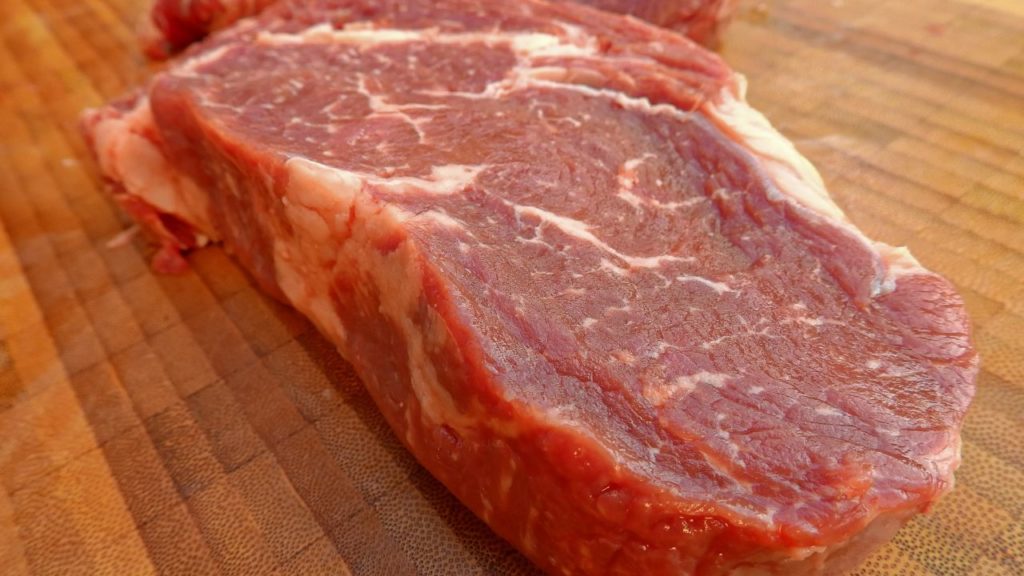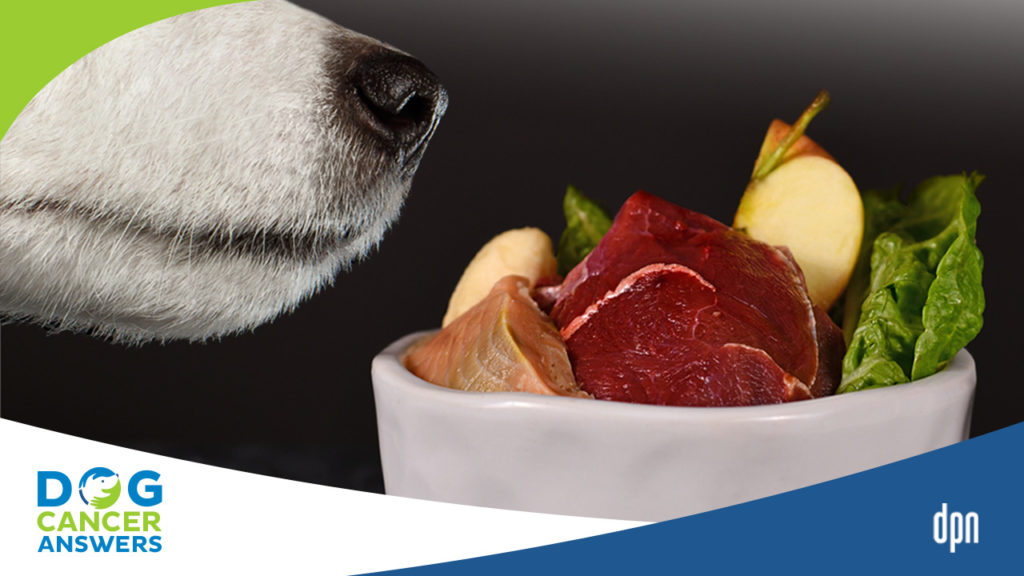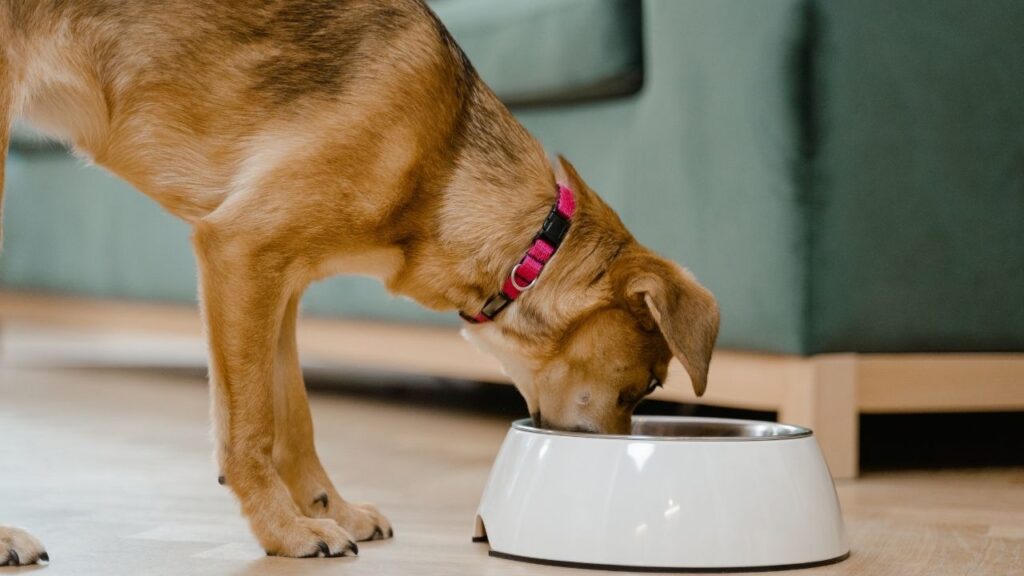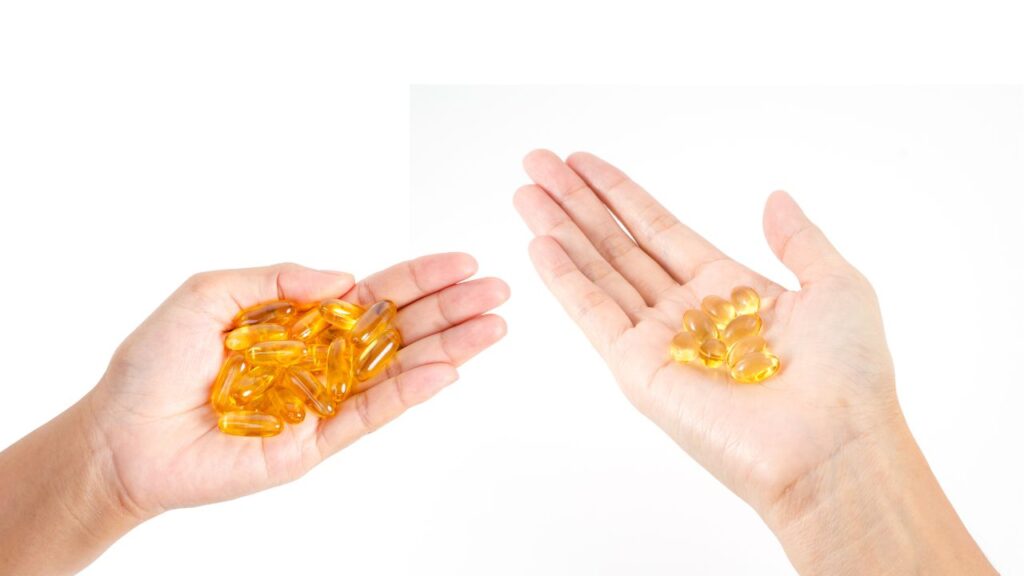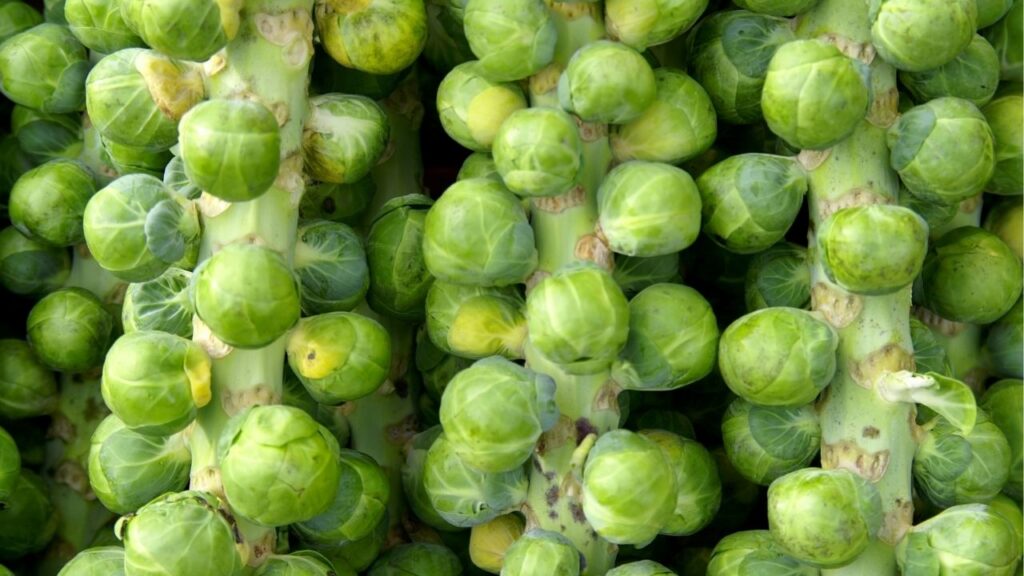Can dogs eat turkey? Yes, turkey is a great protein source for dogs with cancer. It’s lean, packed with nutrition, and tasty!
Key Takeaways
- Turkey is not toxic for dogs, in fact, it’s a yummy protein source for their diet.
- Turkey is less dense than other protein sources, so it is often combined with other proteins in diet recipes.
- Turkey is a nice protein to use as a “treat” for dogs for this reason.
- Turkey breast or lean ground turkey can be part of a bland diet for dogs with stomach problems.
- Cooked turkey isn’t bad for dogs, as long as you don’t give the bones, the skin, or fatty sauces like turkey gravy.
- Turkey is a healthy meat for dogs, like other lean poultry meats like chicken, or lean ground beef.
- Turkey is a good source of protein and vitamins for dogs and is safe for them to eat.
Why Turkey Is a Good Choice of Protein
Turkey is lean poultry meat from, well, turkeys. As a meat, it is an excellent source of protein for your dog. And yes, dogs can eat turkey safely.
You can buy turkey as a whole bird carcass, breasts, thighs, or ground. Turkey can be found in grocery stores and butcher shops or purchased directly from a local turkey farmer.
Is Turkey Good for Dogs?
Turkey certainly is good for dogs. Turkey’s primary nutritional value is as a protein source.2
- Adult dogs require at least 18% of protein in their diet,3 and dogs with cancer can often benefit from higher protein.
- Protein is critical for providing amino acids that the body can use to build and maintain muscles and is important for preventing or slowing the progression of cancer cachexia.16
Protein is also a source of vitamins and minerals. These are some of the nutrients available in turkey meat:1,2
- Choline
- Iron
- Magnesium
- Niacin
- Phosphorous
- Potassium
- Selenium
- Sodium
- Vitamin B6
- Vitamin B12
- Zinc
Veterinarians often recommend dogs eat turkey breast or lean ground turkey can also be used as part of a temporary bland diet if your dog is struggling with stomach upset (nausea, diarrhea or vomiting).4
How Much Turkey to Feed Your Dog
There is no one-size-fits-all answer to “How much turkey can I give my dog in a day?” but we will give you some guidelines and things to think about.
First, there are questions about your dog.
- Is your dog a couch potato, who needs few calories?
- Or an athlete who needs a lot?
Then, how much to feed any food depends upon many factors.
- Is the turkey lean white meat or fatty dark meat?
- Are you including skin?
- What other foods are you giving?
- What other sources of protein are you feeding that day? How much protein and fat do they have?
Turkey is relatively low in protein compared to other more dense proteins. Therefore, the amount of turkey a dog would need to get all their protein in one day is quite a lot: an approximate amount of lean, white meat turkey to feed a dog daily is 1/2 to 1/3 pound of turkey per 20 kg of weight. (But that’s only if the meat is lean white meat, and if no other protein sources are being used.)
- For example, a not-too-active dog eating only beef for their daily protein source could eat between 1/4 to 1/3 of a pound of beef per 20 kg of weight. A not-too-active 50-pound dog eating only beef that day would eat about one pound of beef in a day.
- That same 50-pound not-too-active dog would eat about 2 pounds of turkey. That’s twice as much turkey as beef to get the same amount of protein!
As Dr. Recker, one of the veterinarians who reviewed this article, commented, “I worry people would not balance [the diet] but just give a big hunk of turkey.”
Perhaps this is why many commercial diets that feature turkey combine it with other protein sources. Other protein sources are denser in protein and nutrition, so you need less of them to feed your dog.
If you want to use turkey in your dog’s diet, it’s a tasty and attractive protein. However, giving your dog a “big hunk” of turkey and calling it a day would not be a good idea.
But maybe your dog would appreciate turkey treats?
Turkey Treats!
In part because of its lean nature and because you can feed more of it than other proteins, turkey may be a good choice of protein for healthy treats.
Something extra special for your pup is cooking turkey breast pieces in diluted teriyaki sauce or low-sodium broth as a tasty treat.11 Teriyaki sauce is usually not appropriate as a regular part of your dog’s diet because of its high sugar and salt content. Diluting it with plenty of water keeps the flavor while minimizing the salt and sugar. Also note some sauces may also contain onion, which should be avoided, so check your labels before using.
Another great treat to make using turkey is jerky. Dogs adore jerky, and turkey, along with its cousin poultry meat, chicken, is a great protein to jerky.
Nutrition expert Dr. Susan Recker discusses the best and worst foods for dogs with cancer on DOG CANCER ANSWERS.
When to Not Use Turkey
You should not feed turkey to your dog if she is allergic to turkey or intolerant of it. If you suspect a poultry sensitivity, ask your veterinarian if your dog can eat turkey.
If your dog has kidney disease, you may need to adjust the overall protein content of her diet. Turkey itself is perfectly fine for a dog in kidney failure to eat, but the amount that you feed may need to be adjusted. Consult with your veterinarian to determine a diet that provides your dog with everything she needs but also minimizes strain on the kidneys.
For dogs with mast cell tumors who may benefit from a restricted histamine diet,6 they should stick with fresh or frozen turkey breast meat. Avoid deli meat or preserved turkey.5
There are no known drug interactions with turkey.
How to Prepare Turkey
Here are some tips for cooking turkey for your dog to eat:
- Cook low and slow to minimize the production of heterocyclic amines.7
- Trim skin and fat before cooking.
- Cook to an internal temperature of 165 degrees Fahrenheit to prevent bacterial contamination.8,9
- Cook ground turkey all the way through to prevent bacterial contamination.8
- After cooking, pour any fat out before serving to your dog.11 Note: this detail should be checked with your recipe. Many recipes formulated by nutritionists assume that all of the fats, juices, and parts of an ingredient (like turkey) will be used. Your recipe may be counting on that fat as part of your dog’s daily requirements.
When using a slow cooker, cook turkey breasts (bone-in or boneless) on low for 5-9 hours, depending on breast size.10
Where to Get Turkey
Choosing where to purchase turkey and which product to select is a personal choice, but some factors may impact your decision about your dog eating turkey.
- Dr. Demian Dressler, author of The Dog Cancer Survival Guide, recommends breasts over thighs. Turkey breasts are leaner and have lower Omega-6 fatty acid content. While Omega-6 is something your dog needs, having too much Omega-6 in the diet compared to Omega-3 can be pro-inflammatory.11,15
- Another way to reduce Omega-6 content in turkeys is to give your dog pasture-raised turkey instead of commercially raised turkey. Studies have found that pasture-raised meat has lower Omega-6 content.12-14
- Avoid processed turkey products and deli meat. Deli meat is high in sodium, and sausages and similar products may have other ingredients added that are not beneficial for your dog.
- If buying frozen turkey, remember that you will need to thaw it out completely prior to cooking.
- “Organic” on a turkey product label means no antibiotics were used.8
- “Natural” on a turkey product label means it was minimally processed, and no artificial colors or ingredients were added. This does not necessarily rule out antibiotic use.8
- “USDA Process Verified” means that the USDA has investigated the producer to ensure the claims on the label are true.8
Dr. Judy Morgan talks all about food on DOG CANCER ANSWERS.
- Nutrition Facts – Turkey Breast Meat, 1 Serving. Turkey breast meat, 1 serving – Health Encyclopedia – University of Rochester Medical Center. https://www.urmc.rochester.edu/encyclopedia/content.aspx?contenttypeid=76&contentid=07079-1. Accessed December 12, 2022.
- Sachdev P. Turkey: Health benefits, nutrients per serving, preparation information, and more. WebMD. https://www.webmd.com/diet/health-benefits-turkey. Published September 21, 2022. Accessed December 12, 2022.
- AAFCO Nutrient Requirements for Dogs. Merck Veterinary Manual. https://www.merckvetmanual.com/multimedia/table/aafco-nutrient-requirements-for-dogs. Accessed December 12, 2022.
- Linder DE. Does My Pet Need a ‘Bland Diet’? Cummings School of Veterinary Medicine. https://vetnutrition.tufts.edu/2022/02/does-my-pet-need-a-bland-diet/. Published February 22, 2022. Accessed December 12, 2022.
- Is Turkey high in histamine? Food is Good. https://foodisgood.com/is-turkey-high-in-histamine/#:~:text=%E2%80%8B,aged%20and%2For%20canned%20turkey. Accessed December 12, 2022.
- Low Histamine Diets, Why and When! My Pet Nutritionist. https://www.mypetnutritionist.com/post/low-histamine-diets-for-dogs-and-why. Published April 7, 2021. Accessed December 12, 2022.
- Chemicals in Meat Cooked at High Temperatures and Cancer Risk. National Cancer Institute. https://www.cancer.gov/about-cancer/causes-prevention/risk/diet/cooked-meats-fact-sheet. Published July 11, 2017. Accessed December 12, 2022.
- Moberg J. Cooking ground Turkey to the proper temperature is a must for consumers. Michigan State University Extension. https://www.canr.msu.edu/news/cooking_ground_turkey_to_the_proper_temperature_is_a_must_for_consumers. Published July 19, 2013. Accessed December 12, 2022.
- Food Safety and Inspection Service. Turkey Basics: Safe Cooking | Food Safety and Inspection Service. https://www.fsis.usda.gov/food-safety/safe-food-handling-and-preparation/poultry/turkey-basics-safe-cooking#:~:text=For%20safety%20and%20doneness%2C%20the,thickest%20part%20of%20the%20breast. Published October 22, 2019. Accessed December 12, 2022.
- Nagi. Juicy Slow Cooker Turkey Breast. RecipeTin Eats. https://www.recipetineats.com/juicy-slow-cooker-turkey-breast/. Published November 22, 2019. Accessed December 12, 2022.
- Dressler D, Ettinger S. The Dog Cancer Survival Guide: Full Spectrum Treatments to Optimize Your Dog’s Life Quality and Longevity. Maui, HI: Maui Media, LLC; 2011.
- Pasture Raised Turkey Principles. J&L Green Farm. https://www.jlgreenfarm.com/pastured-turkey. Accessed December 12, 2022.
- Badger M. The Nutrition of Pasture-Raised Chicken and Meats. Circle C Farm. https://www.circlecfarmfl.com/blogs/news/the-nutrition-of-pasture-raised-chicken-and-meats. Published June 8, 2021. Accessed December 12, 2022.
- Keough S. The Role of Pasture-Raised Animals in Human & Ecological Health. Head Water Spa. http://www.headwaterspa.org/uploads/1/3/1/2/131277049/pasture-raised_animals_in_human___ecological_health_-sara_keough__2_.pdf. Published April 25, 2020. Accessed December 12, 2022.
- Mariamenatu AH, Abdu EM. Overconsumption of Omega-6 Polyunsaturated Fatty Acids (PUFAs) versus Deficiency of Omega-3 PUFAs in Modern-Day Diets: The Disturbing Factor for Their “Balanced Antagonistic Metabolic Functions” in the Human Body. Hindawi – Journal of Lipids. https://www.hindawi.com/journals/jl/2021/8848161/. Published March 17, 2021. Accessed December 12, 2022.
- Saker KE. Nutritional Concerns for Cancer, Cachexia, Frailty, and Sarcopenia in Canine and Feline Pets. Vet Clin North Am Small Anim Pract. 2021;51(3):729-744. doi:10.1016/j.cvsm.2021.01.012
Topics
Did You Find This Helpful? Share It with Your Pack!
Use the buttons to share what you learned on social media, download a PDF, print this out, or email it to your veterinarian.
